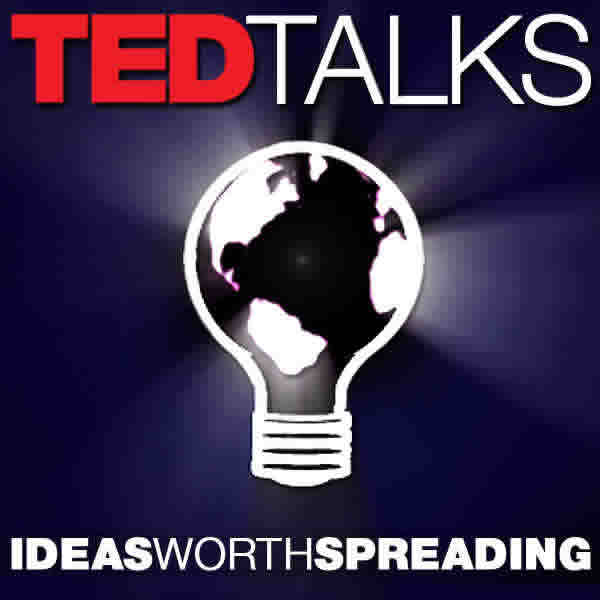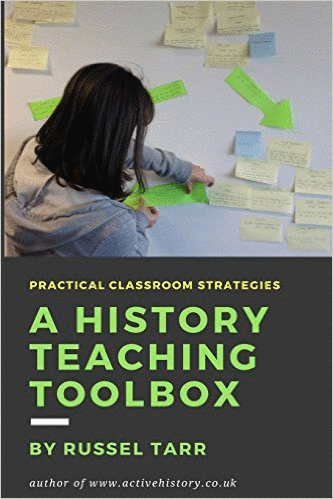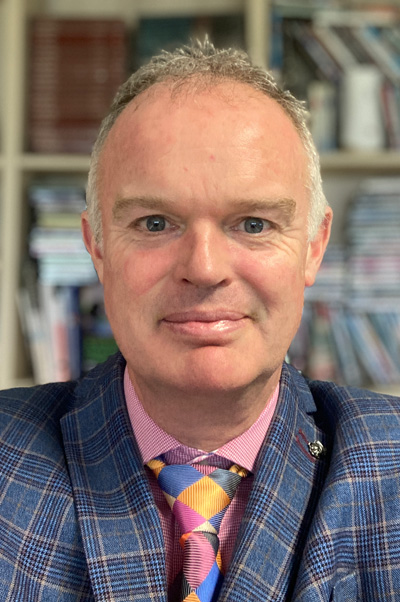Transform your history classroom
ActiveHistory provides educational, award-winning interactive simulations, decision-making games, self-marking quizzes, high-quality worksheets and detailed lesson plans for the school history classroom. All resources have been designed by full-time history teacher Russel Tarr.
An ActiveHistory subscription provides everything you need to construct and deliver a History course from start to finish for the entire 11-18 age range!
These consist not just of lesson plans, worksheets and teacher notes, but also multimedia lectures and interactive games and historical simulations ideal for remote learning and self-study.
20 of the best TED talks for students and teachers of history.
 TEDTalks are short (usually no more than 20-minute) talks on a very wide range of topics and disciplines.
TEDTalks are short (usually no more than 20-minute) talks on a very wide range of topics and disciplines.
The focus is often on science and technology, but there is an excellent range of lectures on subjects of interest to history lovers.
Here is my personal selection of 20 TED Talks for History Lovers, taken from this constantly updated spreadsheet.
Niall Ferguson |
The 6 killer apps of prosperity | Over the past few centuries, Western cultures have been very good at creating general prosperity for themselves. Historian Niall Ferguson asks: Why the West, and less so the rest? He suggests half a dozen big ideas from Western culture - call them the 6 killer apps - that promote wealth, stability and innovation. And in this new century, he says, these apps are all shareable. |  |
Scilla Elworthy |
Fighting with non-violence | How do you deal with a bully without becoming a thug? In this wise and soulful talk, peace activist Scilla Elworthy maps out the skills we need - as nations and individuals - to fight extreme force without using force in return. To answer the question of why and how non-violence works, she evokes historical heroes - Aung San Suu Kyi, Mahatma Gandhi, Nelson Mandela - and the personal philosophies that powered their peaceful protests. |  |
George Dyson |
The birth of the computer | Historian George Dyson tells stories from the birth of the modern computer - from its 16th-century origins to the hilarious notebooks of some early computer engineers. |  |
Kirk Citron |
And now, the real news | How many of today's headlines will matter in 100 years? 1000? Kirk Citron's "Long News" project collects stories that not only matter today, but will resonate for decades - even centuries - to come. At TED2010, he highlights recent headlines with the potential to shape our future. |  |
Erez Lieberman Aiden and Jean-Baptiste Michel |
What we learned from 5 million books | Have you played with Google Labs' Ngram Viewer? It's an addicting tool that lets you search for words and ideas in a database of 5 million books from across centuries. Erez Lieberman Aiden and Jean-Baptiste Michel show us how it works, and a few of the surprising things we can learn from 500 billion words. |  |
Steven Johnson |
A guided tour of the Ghost Map | Author Steven Johnson takes us on a 10-minute tour of "The Ghost Map," his book about a cholera outbreak in 1854 London and the impact it had on science, cities and modern society. |  |
Neil MacGregor |
2600 years of history in one object | A clay cylinder covered in Akkadian cuneiform script, damaged and broken, the Cyrus Cylinder is a powerful symbol of religious tolerance and multi-culturalism. In this enthralling talk Neil MacGregor, Director of the British Museum, traces 2600 years of Middle Eastern history through this single object. |  |
Jean-Baptiste Michel |
The mathematics of history | What can mathematics say about history? According to TED Fellow Jean-Baptiste Michel, quite a lot. From changes to language to the deadliness of wars, he shows how digitized history is just starting to reveal deep underlying patterns. |  |
Mark Forsyth |
What's a snollygoster? A short lesson in political speak | Most politicians choose their words carefully, to shape the reality they hope to create. But does it work? Etymologist Mark Forsyth shares a few entertaining word-origin stories from British and American history (for instance, did you ever wonder how George Washington became "president"?) and draws a surprising conclusion. |  |
Steven Pinker |
A brief history of violence | Steven Pinker charts the decline of violence from Biblical times to the present, and argues that, though it may seem illogical and even obscene, given Iraq and Darfur, we are living in the most peaceful time in our species' existence. |  |
Irwin Redlener |
How to survive a nuclear attack | The face of nuclear terror has changed since the Cold War, but disaster-medicine expert Irwin Redlener reminds us the threat is still real. He looks at some of history's farcical countermeasures and offers practical advice on how to survive an attack. |  |
Catherine Mohr |
Surgery's past, present and robotic future | Surgeon and inventor Catherine Mohr tours the history of surgery (and its pre-painkiller, pre-antiseptic past), then demos some of the newest tools for surgery through tiny incisions, performed using nimble robot hands. Fascinating - but not for the squeamish. |  |
Jonathan Klein |
Photos that changed the world | Photographs do more than document history - they make it. At TED University, Jonathan Klein of Getty Images shows some of the most iconic, and talks about what happens when a generation sees an image so powerful it can't look away - or back. |  |
Matt Ridley |
When ideas have sex | Author Matt Ridley shows how, throughout history, the engine of human progress has been the meeting and mating of ideas to make new ideas. It's not important how clever individuals are, he says; what really matters is how smart the collective brain is. |  |
Steven Johnson |
Where good ideas come from | People often credit their ideas to individual "Eureka!" moments. But Steven Johnson shows how history tells a different story. His fascinating tour takes us from the "liquid networks" of London's coffee houses to Charles Darwin's long, slow hunch to today's high-velocity web. |  |
David Christian |
Big history | Backed by stunning illustrations, David Christian narrates a complete history of the universe, from the Big Bang to the Internet, in a riveting 18 minutes. This is "Big History": an enlightening, wide-angle look at complexity, life and humanity, set against our slim share of the cosmic timeline. |  |
Maurizio Seracini |
The secret lives of paintings | Art history is far from set in stone. Engineer Maurizio Seracini spent 30 years searching for Leonardo da Vinci's lost fresco "The Battle of Anghiari," and in the process discovered that many paintings have layers of history hidden underneath. Should they be part of the viewing experience too? |  |
David Hoffman |
Catch Sputnik mania! | Filmmaker David Hoffman shares footage from his feature-length documentary Sputnik Mania, which shows how the Soviet Union's launch of Sputnik in 1957 led to both the space race and the arms race - and jump -started science and math education around the world. |  |
Doris Kearns Goodwin |
Learning from past presidents in moments of crisis | Historian Doris Kearns Goodwin talks about what we can learn from American presidents, including Abraham Lincoln and Lyndon Johnson. Then she shares a moving memory of her own father, and of their shared love of baseball. |  |
Edward Tenner |
Unintended consequences | Every new invention changes the world - in ways both intentional and unexpected. Historian Edward Tenner tells stories that illustrate the under-appreciated gap between our ability to innovate and our ability to foresee the consequences. |  |
Am I missing something from this list? Contact Me!

© 1998-2025 Russel Tarr, ActiveHistory.co.uk Limited (Reg. 6111680)
1 Torrin Drive, Shrewsbury, Shropshire, SY3 6AW, England
Privacy Policy | Contact

© 1998-2025 Russel Tarr, ActiveHistory.co.uk Limited (Reg. 6111680)
1 Torrin Drive, Shrewsbury, Shropshire, SY3 6AW, England
Privacy Policy | Contact






